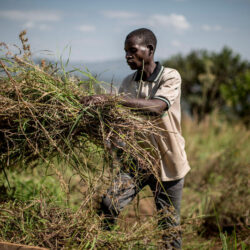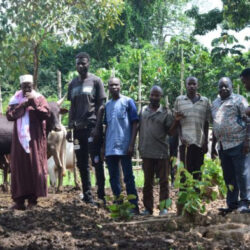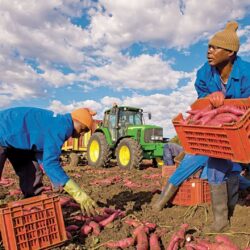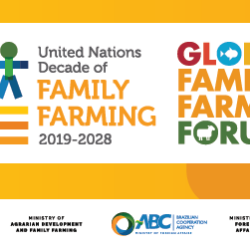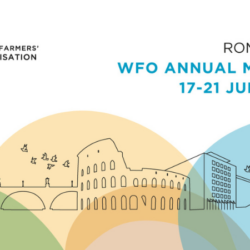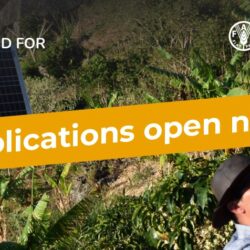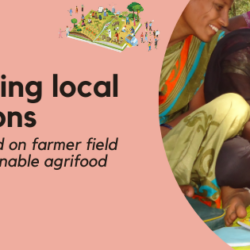Bong Rural Women Farmers Celebrate Agriculture as a Life-Changing Opportunity in Liberia
Gbarnga, Bong County – Women farmers in Sinyea Town, Bong County, Liberia, celebrate their agriculture involvement, describing it as a transformative and life-changing experience. Many, particularly single mothers, say farming has become a beacon of hope and a path to self-reliance. Members of the Nee-A-Lah Farmers Group, a community-based farming initiative in Sinyea, Suakoko District, shared how agriculture has helped them transition from dependence on others to self-sufficiency and empowerment.


